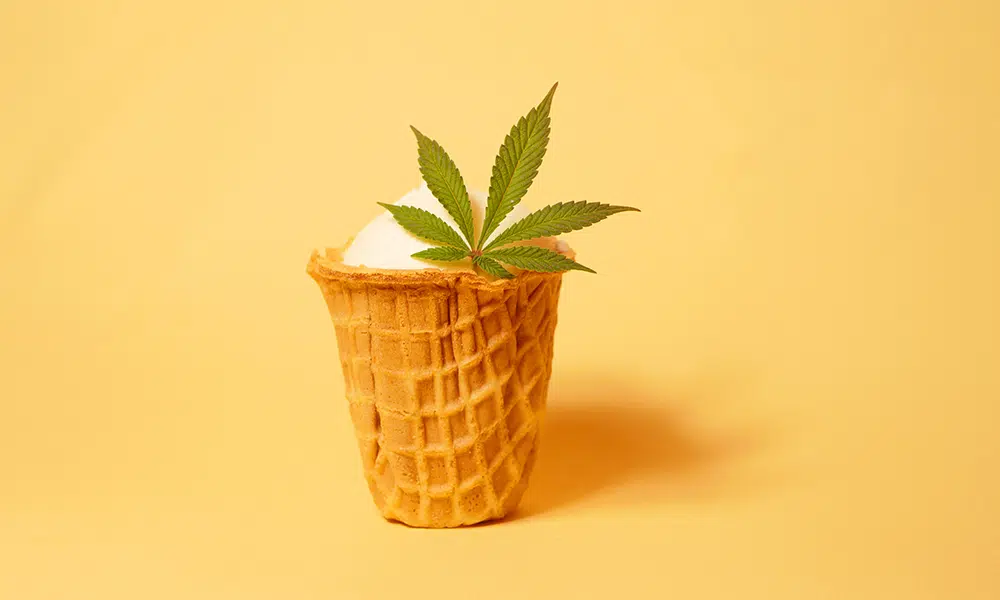Sleep disorders affect millions of Americans across the country. Symptoms range and involve such things as teeth grinding, limb movements, difficulty falling or staying asleep, and more. While there are numerous treatments for sleep disorders, not everyone is fond of conventional methods. For some, these methods aren’t effective. Cannabis for sleep may provide a viable alternative.
Common Sleep Disorders
There are more than 100 different types of sleep disorders. Some of the most common include:
- Sleep apnea
- Nightmares
- Restless leg syndrome
- Insomnia
- Parasomnia
How Cannabis Can Help
There are a variety of conventional treatments for sleep disorders. Unfortunately, some patients don’t see the desired results. Others experience unwanted side effects. Using cannabis for sleep can provide a natural alternative.
While science is still exploring the benefits of cannabis for sleep, the results are promising. Some studies show that THC can help patients fall asleep faster. A study in 1981 showed that CBD helped patients get more sleep than those using a placebo. Other studies have shown that cannabinoids and other compounds in cannabis help to alleviate pain. With less pain, patients are able to achieve better sleep.
Tips for Using Cannabis for Sleep
Selecting Your Strain
There are numerous strains of cannabis that typically fall under one of three categories: Indica, Sativa, and Hybrid. When it comes to sleep, Indica strains are more effective. Sativa strains tend to stimulate the mind, which would energize you rather than help you to sleep.
Pay Attention to the Cannabinoid Content
Different strains of cannabis have different cannabinoid contents. Some are higher in THC. Others are higher in CBD.
THC produces sedative effects, enabling you to relax and fall asleep easier. CBD is known for its anti-anxiety properties that may be beneficial for those with anxiety-related sleep conditions. Cannabinol (CBN) is a lesser-known cannabinoid that also has particularly strong sedative effects.
Getting the Dosage and Timing Right
Dosing is critical for achieving the desired results, whether it’s falling asleep faster, staying asleep, or improving sleep quality. High doses can keep you awake, defeating the purpose. Low or medium doses are preferable. You should start with a small dose and gradually increase it until you find the amount that works best.
Timing is also an important factor. The sedative effects of THC may not kick in right away. Ideally, you should take your dose 60 to 90 minutes before going to sleep to allow any cerebral effects to wear off and sedative properties to begin working.
Consider Edibles Before Sleep
Smoking and vaping are the most common methods for using cannabis for sleep. One of the reasons they’re so popular is because they take effect quickly. Another option to consider is edibles. While they take longer to begin working, the effects last longer. This means that they may be beneficial for those who have trouble staying asleep.
Poor sleep can lead to numerous complications. For those who have tried the conventional treatments for sleep disorders, cannabis may provide an effective solution. If you’re interested in trying cannabis for your sleep issues, be sure to speak with your physician. You can also discuss your symptoms with a budtender at your local dispensary for additional advice.





















